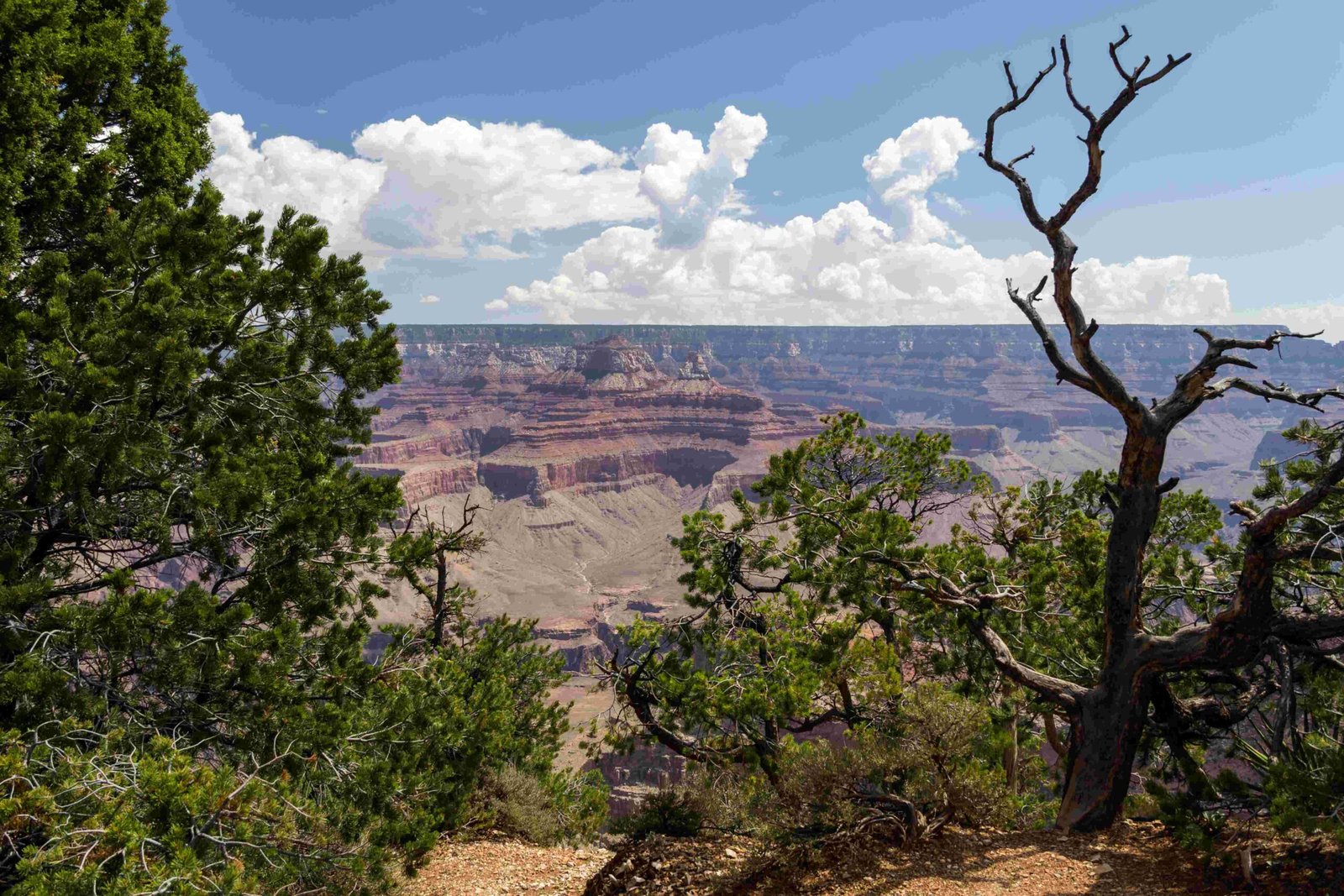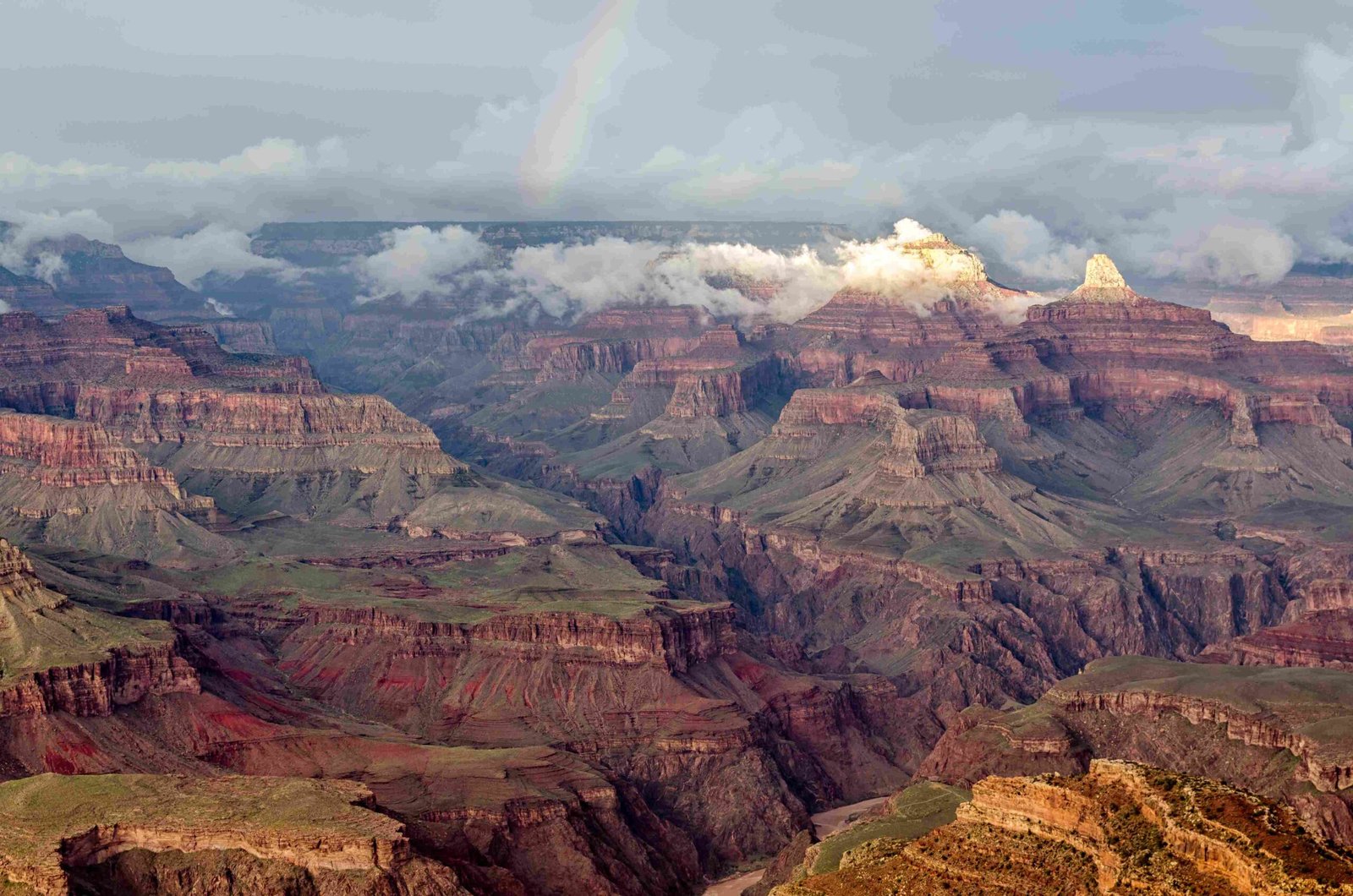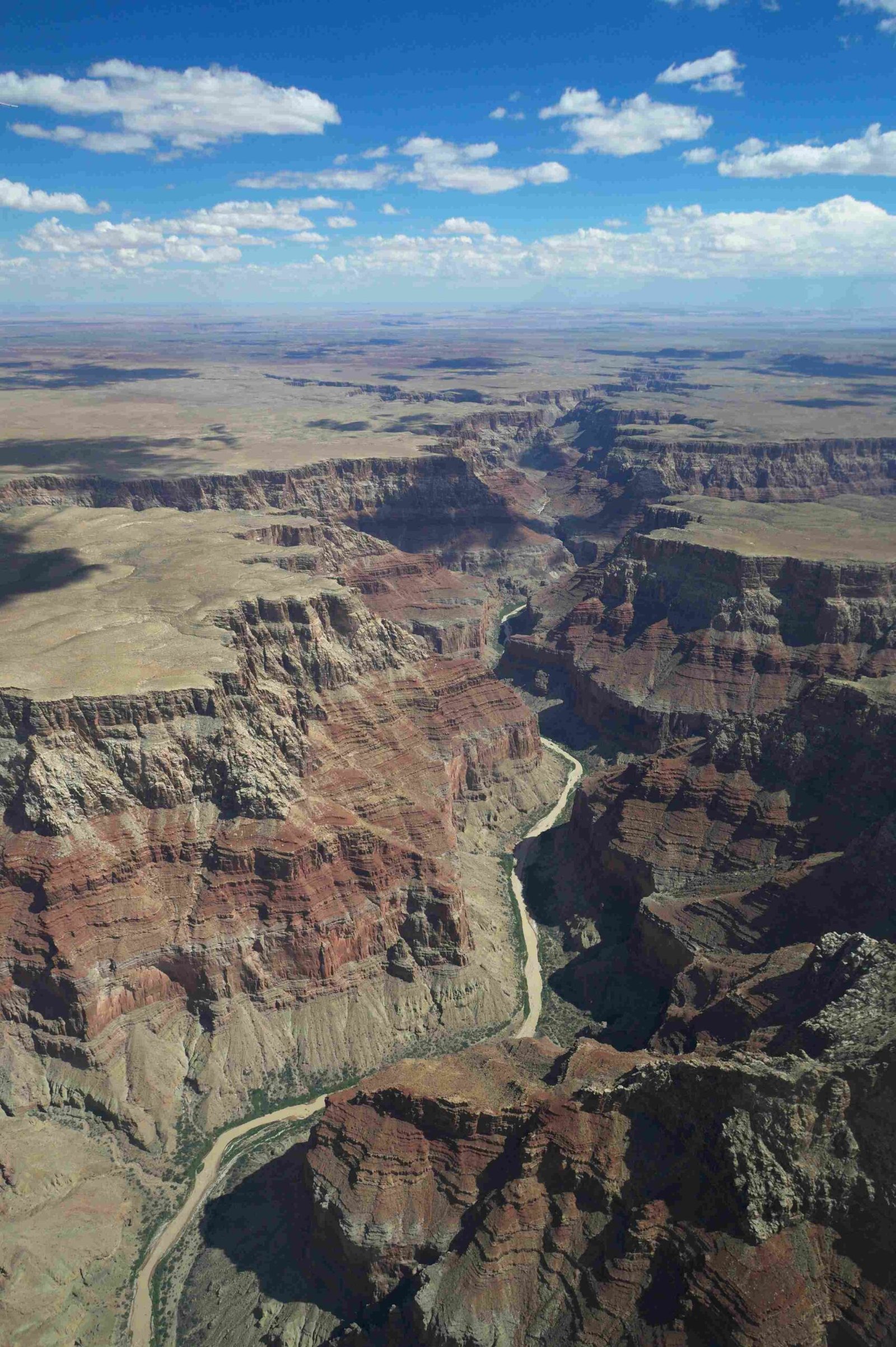The establishment of Grand Canyon National Park represents a crucial milestone in American conservation, marking a transformative moment when President Woodrow Wilson signed the Grand Canyon National Park Act on February 26, 1919. This legislative action permanently protected one of the world’s most remarkable natural landscapes, ensuring its preservation for generations to come and solidifying the United States’ commitment to protecting its extraordinary natural heritage.
What Led to the Grand Canyon’s National Park Status?

Who Advocated for the Grand Canyon’s Protection?
The journey to national park status was a collaborative effort involving multiple key figures:
- Theodore Roosevelt: First protected the area as a national monument in 1908
- Early Conservationists: Lobbied extensively for comprehensive protection
- Local Politicians: Pushed for legislative recognition of the canyon’s significance
When Were Initial Conservation Efforts Initiated?
| Year | Event | Significance |
|---|---|---|
| 1893 | Forest Reserve Designation | Initial federal protection |
| 1908 | National Monument Status | Expanded conservation efforts |
| 1919 | National Park Establishment | Comprehensive protection |
How Did Woodrow Wilson Contribute to the Park’s Creation?
President Woodrow Wilson played a pivotal role by:
- Signing the Grand Canyon National Park Act
- Supporting conservation movement principles
- Recognizing the landscape’s national importance
What Made the 1919 Designation Significant?

The national park designation was more than a legal formality. It represented:
- Preservation of Natural Landscape: Protecting 1.2 million acres of unique geological formations
- Scientific Research Opportunity: Creating a protected environment for geological and ecological studies
- Tourism Development: Establishing a framework for responsible visitor engagement
Why Was Presidential Action Critical?
Presidential support was crucial because:
– It formalized long-standing conservation efforts
– Provided legal framework for landscape protection
– Signaled national commitment to preserving natural wonders
What Happened After National Park Establishment?
Following Wilson’s signature, significant developments occurred:
- National Park Service Management: Established comprehensive conservation strategies
- Tourism Infrastructure: Developed visitor facilities and access points
- Scientific Research: Enabled ongoing geological and ecological studies
How Did the Designation Impact Future Conservation?
The Grand Canyon’s national park status:
– Set precedent for protecting natural landscapes
– Inspired further conservation efforts nationwide
– Demonstrated the value of preserving natural heritage
Interesting Historical Context
While Woodrow Wilson signed the act, the canyon’s protection was a collective effort spanning decades. From Benjamin Harrison’s initial forest reserve to Theodore Roosevelt’s monument designation, multiple administrations contributed to its eventual national park status.
Presidential Legacy of Conservation
Wilson’s action was part of a broader progressive conservation movement, reflecting early 20th-century environmental awareness and commitment to preserving natural landscapes for future generations.
Conclusion
President Woodrow Wilson’s 1919 signature transformed the Grand Canyon from a protected monument to a fully recognized national park, cementing its place in American natural and cultural heritage.
Quick Facts
- Established: February 26, 1919
- President: Woodrow Wilson
- Size: Approximately 1.2 million acres
- Significance: Geological, ecological, and cultural landmark
Reference:
– National Park Service
– Library of Congress
– Smithsonian Magazine

